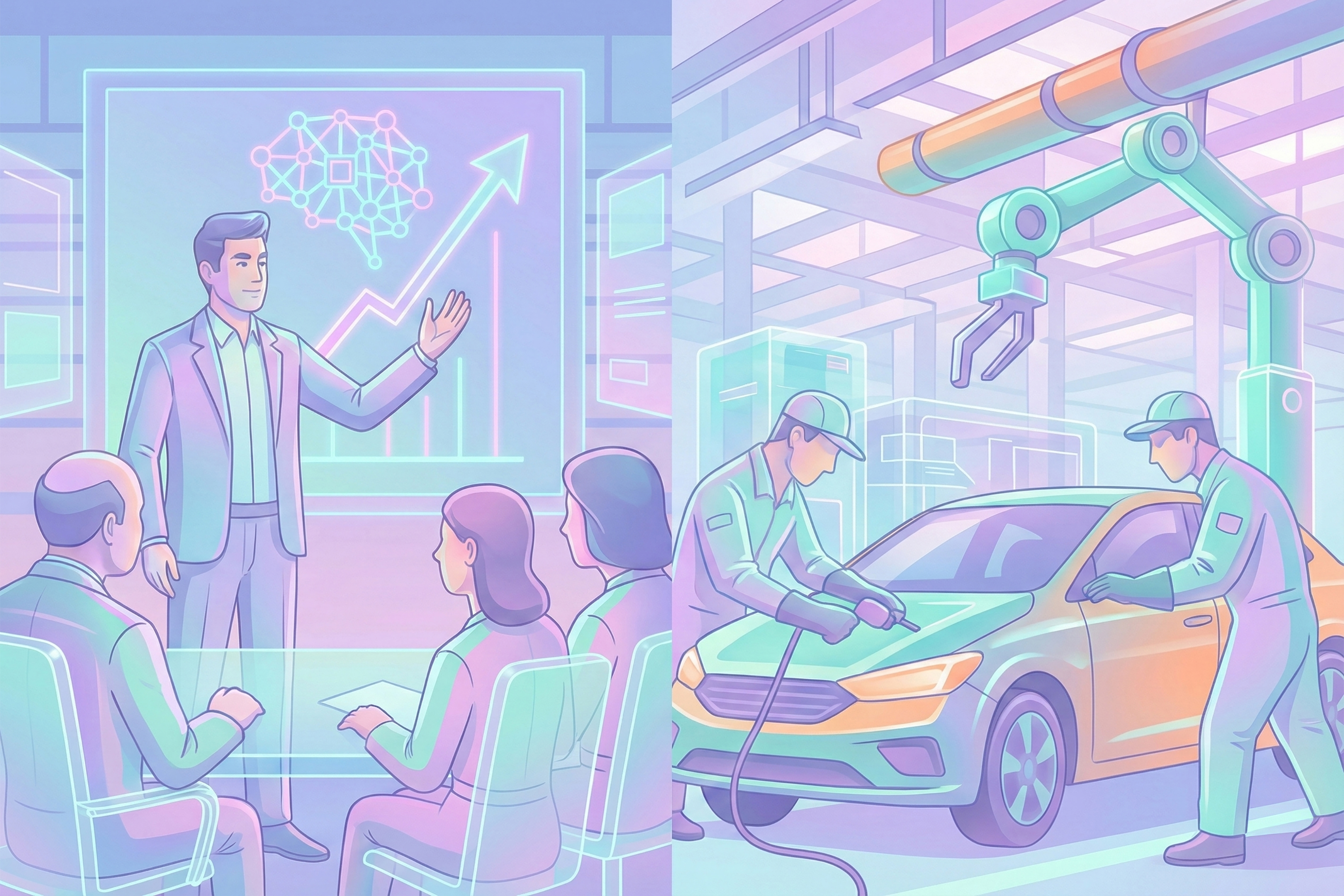
Last week, the IPCC launched another alarming report about the impact of climate change and the challenges we face to adapt to the new circumstances. The report stresses that current adaptation implementations are too one-dimensional, focusing merely on short-term climate change risk reduction rather than long-term transformational adaptation. As a result, many actions taken until now have barely or negatively affected the impacts of climate change. For example, while building seawalls protects people and buildings from floods, it is not a suitable option for all geographic locations. As they are inflexible constructions that leave no room for natural ecosystems to adapt to changing circumstances, it might be far more effective to build proper irrigation systems or move cities away from the coastline.
To effectively facilitate developments that boost ecosystem resilience, we need transformative adaptation plans that are long-term, inclusive and keep pathways open. Examples of transformative adaptions are sustainable forest management targeting resilience, urban greening (which has many benefits), smart-grid energy technologies and the assessment and treatment of psychosocial impacts from extreme weather events. Either way, the plans should include climate risks that reach beyond our own country, taking into consideration indirect effects and unintended consequences of the implementation. However, these adaptations will not succeed without the support of inclusive governance, political commitment and public-private financing to reduce these risks. All in all, it is time we all start doing things radically different.

